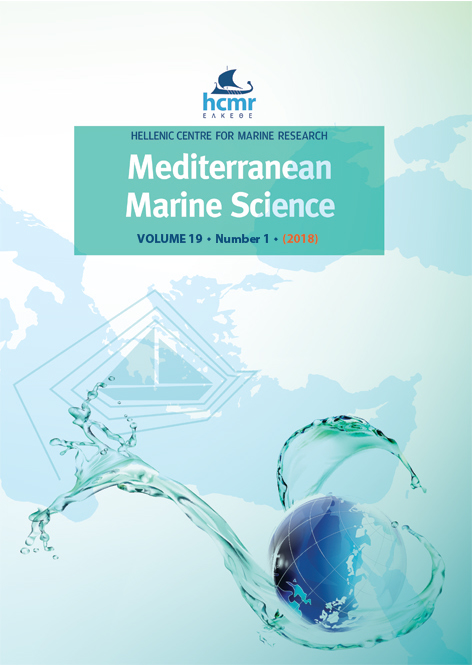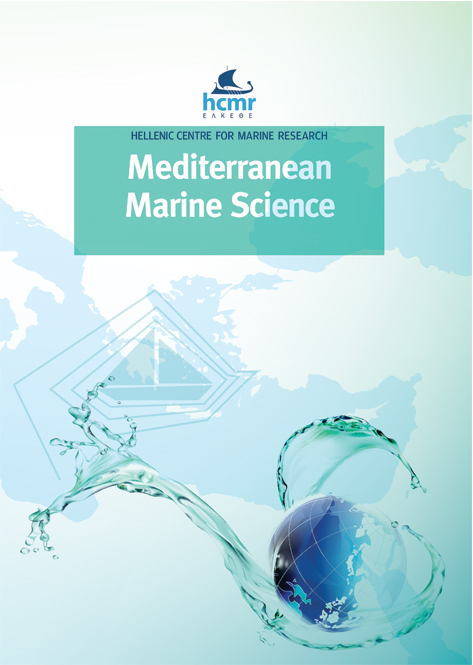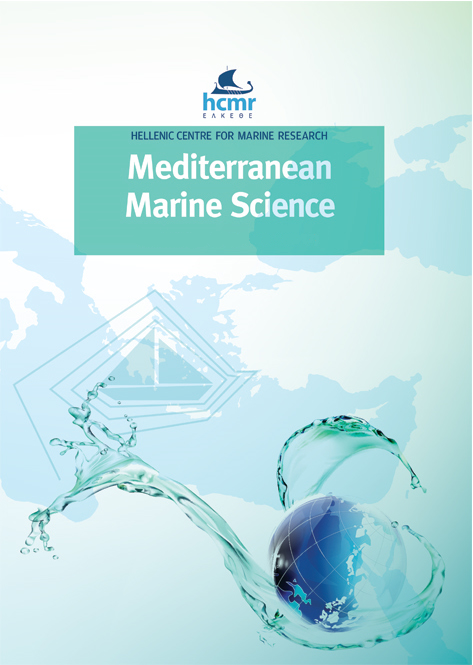Parasites affect hemocyte functionality in the hemolymph of the invasive Atlantic blue crab Callinectes sapidus from a coastal habitat of the Salento Peninsula (SE Italy)
Abstract
The blue crab Callinectes sapidus is an invasive alien species in the Mediterranean Sea. In native habitats, it is subjected to mortalities determined by different pathogens, including the dinoflagellate Hematodinium perezi, a parasite also affecting other brachyuran species. Specifically, Hematodinium-associated disease is acknowledged worldwide as an emerging infection for commercially important crustacean species, but the general diffusion in wild species is unknown. Here, a preliminary screening in C. sapidus hemolymph as well as in three indigenous crabs captured in SE Italy, evidenced the presence of unidentified protozoans in more than 70% of specimen, but the number of suspected Hematodinium cells was very low. The parasites occurrence affected C. sapidus hemocytes functionality, interfering with their role in innate immunity (i.e. phagocytosis or DOPA production). More studies are necessary in order to verify the impact of this alien brachyuran on invaded ecosystems as mediated by the spread of parasites and other pathogens.
Article Details
- Zitationsvorschlag
-
PAGLIARA, P., & MANCINELLI, G. (2018). Parasites affect hemocyte functionality in the hemolymph of the invasive Atlantic blue crab Callinectes sapidus from a coastal habitat of the Salento Peninsula (SE Italy). Mediterranean Marine Science, 19(1), 193–200. https://doi.org/10.12681/mms.13886
- Ausgabe
- Bd. 19 Nr. 1 (2018)
- Rubrik
- Research Article
Authors who publish with this journal agree to the following terms:
- Authors retain copyright and grant the journal right of first publication with the work simultaneously licensed under a Creative Commons Attribution Non-Commercial License that allows others to share the work with an acknowledgement of the work's authorship and initial publication in this journal.
- Authors are able to enter into separate, additional contractual arrangements for the non-exclusive distribution of the journal's published version of the work (e.g. post it to an institutional repository or publish it in a book), with an acknowledgement of its initial publication in this journal.
- Authors are permitted and encouraged to post their work online (preferably in institutional repositories or on their website) prior to and during the submission process, as it can lead to productive exchanges, as well as earlier and greater citation of published work (See The Effect of Open Access).







